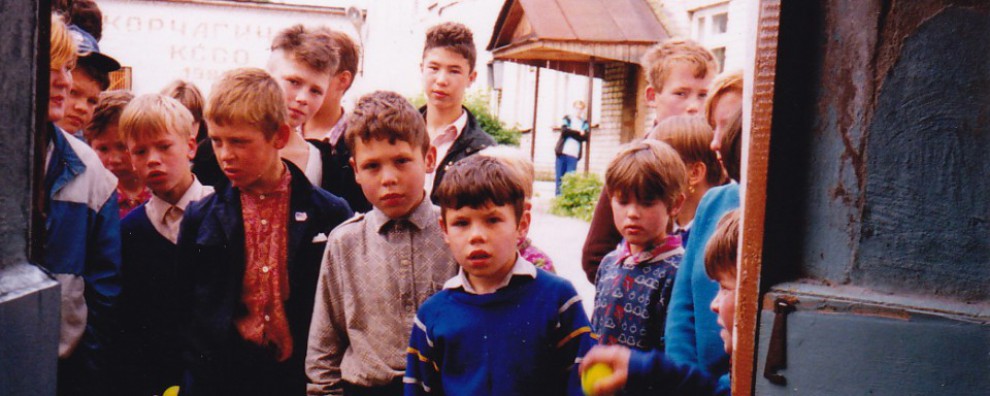(For reasons I can’t entirely explain, I have always found The Mitford Family interesting, particularly Jessica and Nancy. Jessica’s famous [or infamous, if you subscribe to the ideas of the eminent American politician quoted below] book, which I’ve yet to read, The American Way of Death, is an expose of the funeral industry in the United States. It is of a type with Evelyn Waugh’s The Loved One, an excoriating satire of the funeral industry in Los Angeles. Incidentally, The Loved One was also produced as a film in 1965 and is simply a masterpiece, e.g. the casting of Liberace as a coffin salesman was particularly inspired).
“While hiding behind the commercial aspects of the mortician and the cemeteries and mausoleums where our dear departed friends and relatives are commemorated, she is really striking another blow at the Christian religion. Her tirade against morticians is simply the vehicle to carry her anti-Christ attack… I would rather place my mortal remains, alive or dead, in the hands of any American mortician than to set foot on the soil of any Communist nation.”
Congressman James B. Utt, Congressional Record
Excerpted from: Barnard, Andre, and Bill Henderson, eds. Pushcart’s Complete Rotten Reviews and Rejections. Wainscott, NY: Pushcart Press, 1998.

You must be logged in to post a comment.